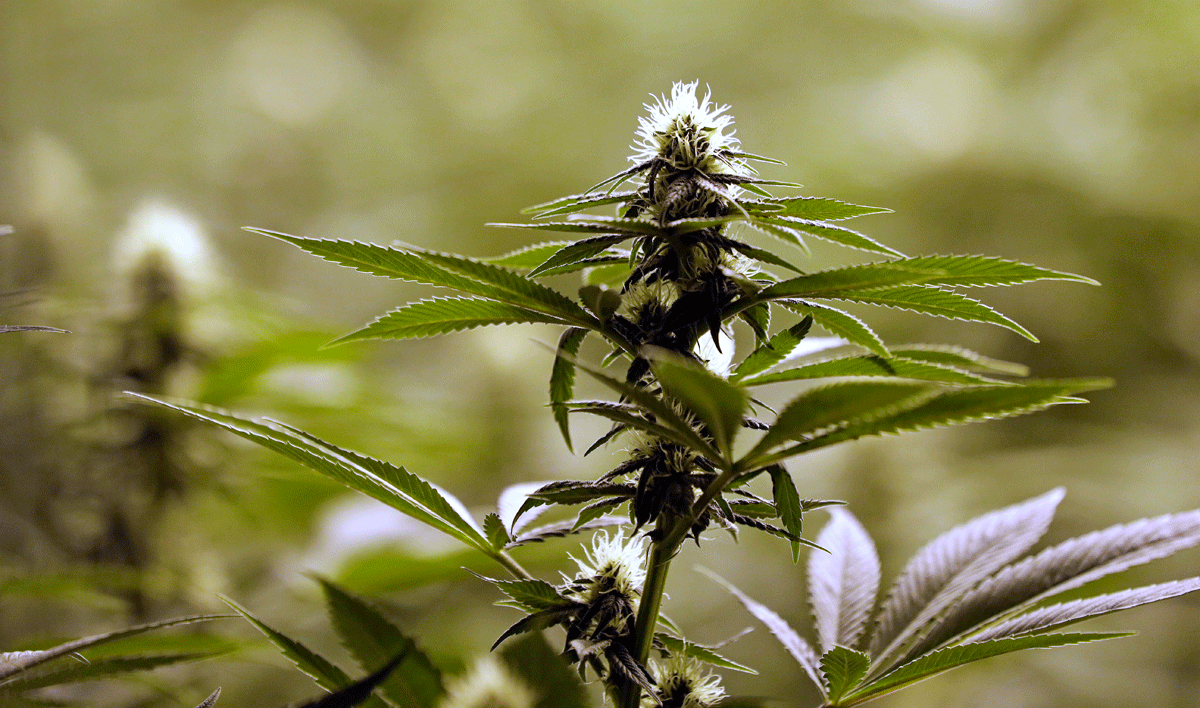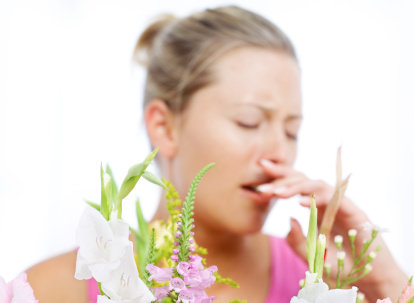WASHINGTON — After this winter’s brutal cold and snow, the sun, warm breezes, and sight of plants bursting into view are a welcome relief, What’s not as welcome are the seasonal allergies that make themselves felt.
Sneezing, congestion and runny noses are the hallmarks of seasonal allergies, also called hay fever and allergic rhinitis.
Elm and oak tree pollen levels are already high. For people with severe grass and ragweed allergies, the worst is yet to come.
“We’re getting significant tree counts, and they’re rising daily,” says Dr. Martha White, director of research at the Institute for Asthma and Allergy.
“In general, people are not allergic to flowering trees, like cherry and dogwood,” says Dr. Michael Kletz, of Black & Kletz Allergy. “Many people think they are allergic to flowering trees because they develop allergy symptoms when these trees are in bloom.”
Yet, the relatively heavy weight of flowering tree pollen is less likely to be spread by winds than the pollen from non-flowering trees.
For people with severe grass and ragweed allergies, the worst is yet to come. But you can take some steps to make yourself feel less miserable.
Reduce your exposure to the things that trigger your allergies
Unlike avoiding a specific food, avoiding allergens that trigger symptoms can be tough, since the air we breathe doesn’t come with labels.
- The Mayo Clinic suggests staying indoors on dry and windy days.
- Delegate lawn mowing, weed pulling and other gardening to other family members, since those tasks stir up allergens. Wear a dust mask if you do outdoor chores.
- After working outside, remove those clothes so you don’t distribute the allergens throughout the house.
- Don’t hang laundry outdoors, since pollen can stick to it.
Take extra steps when pollen counts are high
Seasonal allergy symptoms can flare when pollen counts are high, but there are precautions you can take.
“Try to keep the doors and windows closed, so you keep the pollen outside,” said White.
Kletz suggests wearing glasses, avoiding contact lenses, which may trap pollen in your eye.
- Listen to WTOP on-air at 7:10 a.m, 12:10 p.m., and 3:10 p.m. for updates on pollen counts.
- Close doors and windows at night, when pollen levels are high.
- Pollen counts are highest in the early morning, so avoid outdoor activity.
Keep the air you can control clean
White says “your pets turn into pollen magnets” when they’re outside, “so you might want to consider washing your pet a little more frequently.”
- Close the windows, and use air conditioning in your home and car, when pollen counts are high.
- Maintain filters and air conditioners in the home.
- Keep indoor air dry with a dehumidifier, and use a HEPA filter in your bedroom, if possible.
- Vacuuming floors often, with a machine equipped with a HEPA filter, can help.
Kletz suggests choosing an automobile that has a filter in its air conditioning unit, and to run the system on re-circulate, so the air (and pollen) are not coming in from outside.
Treating seasonal allergies
Avoiding offending allergens altogether is the best treatment, but since few of us can afford to lock ourselves in perfect environments, the National Institutes of Health offers guidance on treatments, both prescription and over-the-counter.
Antihistamines
These medications counter the effects of histamine, which is what makes eyes water and noses itch, and causes sneezing during allergic reactions. The current generation of antihistamines doesn’t cause sleepiness.
“They help with the runny, sneezy, itchies — they don’t do much for the congestion,” says White.
Nasal steroids
Anti-inflammatory sprays cut down swelling, and mucus production. According to NIH, they work well in combination with antihistamines, and in low doses for brief periods of times are relatively free of side effects.
Cromolyn sodium
The nasal spray can help stop hay fever, perhaps by blocking release of histamine. It has few side effects.
Decongestants
In capsule and spray form, decongestants thin nasal secretions and can reduce swelling and sinus discomfort. Intended for short-term use.
“I don’t recommend using the over-the-counter decongestant sprays, because you can get addicted to them and you can actually harm your nose if you use them regularly,” says White.
Immunotherapy
Allergy shots might provide relief for those who aren’t helped by antihistamines or nasal steroids, by altering the body’s immune response to allergens.
Sublingual allergen extracts
Placed under the tongue, these tablets have been approved for grasses or ragweed. They require treatment begin about 12 weeks before the specific season starts.








